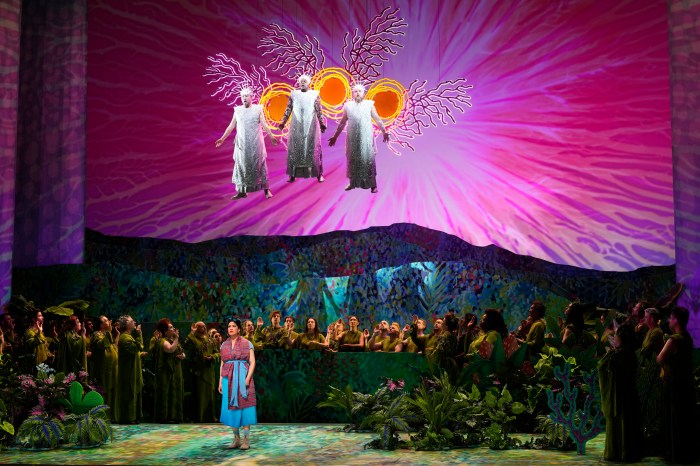As one of Britain’s foremost comic talents, having embodied the iconic Alan Partridge among other memorable characters, Steve Coogan is an undisputed king of sardonic humor.
So it’s surprising to hear the 48-year-old discuss his motivation for co-writing and co-starring in “Philomena,” a drama based on the true story of Irish woman Philomena Lee’s (Judi Dench) search for the son who was taken from her decades earlier, a few years after she gave birth while living in a convent.
Seeking “a change of scenery,” Coogan says he “wanted to do something of substance, something substantial. I wanted to talk about things I cared about and also I was getting bored of even the world of comedy; people who are smart but cynical, and irony and postmodernism being the order of the day, and no one having the guts to say anything authentic.”
Coogan is a prolific writer, but he faced a number of new challenges here. First, there were the extensive interviews with the real life Philomena and Martin Sixsmith, the journalist Coogan plays in the film.
Freely acknowledging that “Philomena” tells a tough story — “whenever I tell people about it in a line, they go ‘Oh my God, that’s depressing, does it make you want to slice your wrists?’ — Coogan and collaborator Jeff Pope strove to make it accessible.
So we get Philomena expressing interest in watching “Big Mommas House,” clever banter between the main characters, and other lighthearted touches.
“I didn’t want it to be one of those films where it’s like a worthy film, where you think, ‘Oh, it’s about something important. I don’t want to watch that. I’d rather watch that later,'” Coogan says.
At the end of the day, “Philomena” is a love story on two fronts. It’s about the undying connection of a mother and son, even if they’ve been separated and lost across the years, and the growing affection Martin feels for Philomena as he travels with her to the United States and helps tell her story.
“The thing that I was railing against was people were scared to put love into comedy,” Coogan says. “I don’t mean that kind of cheeseball love that you get in studio pictures where they say, ‘Let’s having something sentimental at the end,’ because market research says people like sentiment. I mean something where there’s authenticity, you just say something you mean.”

















